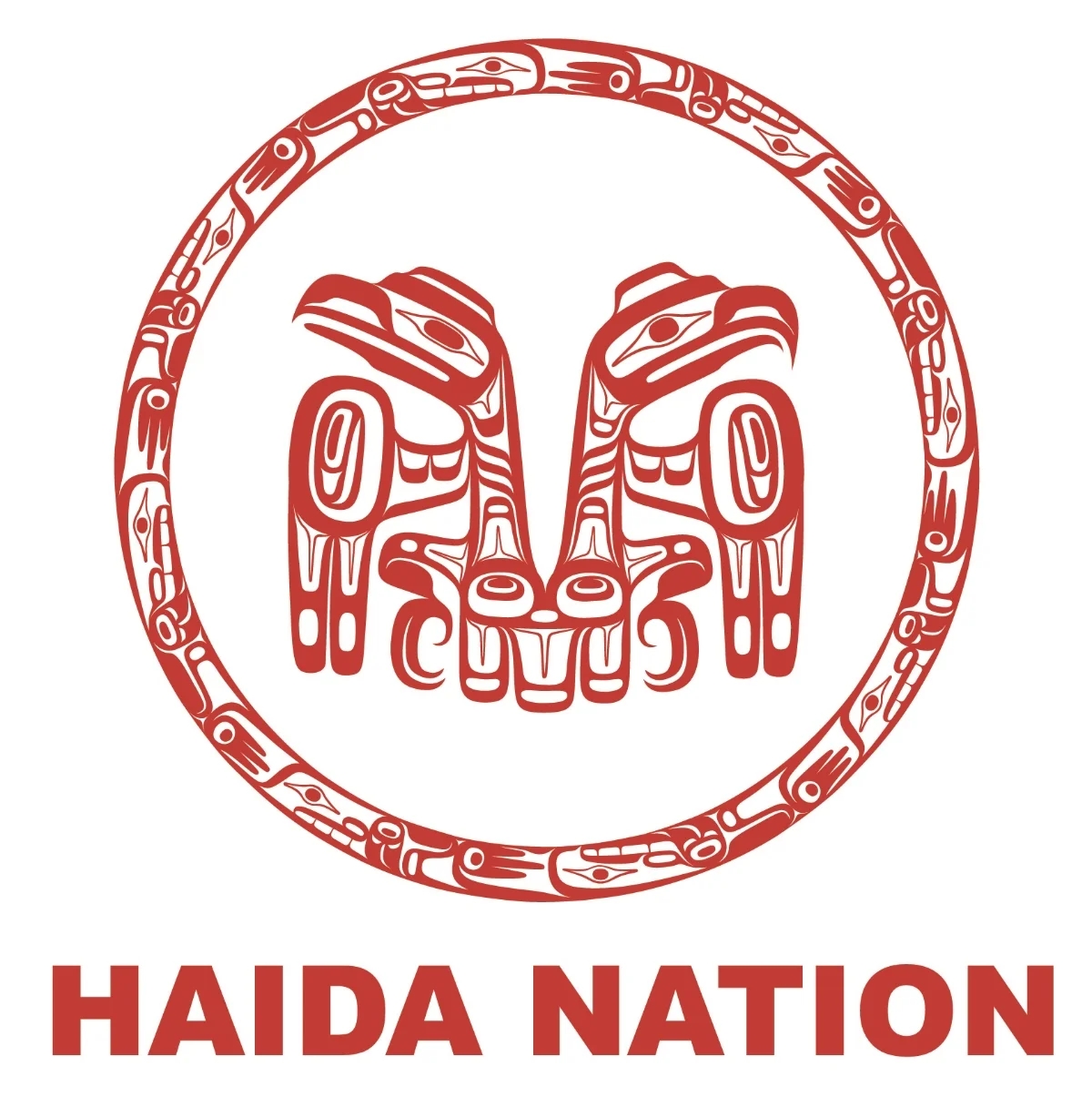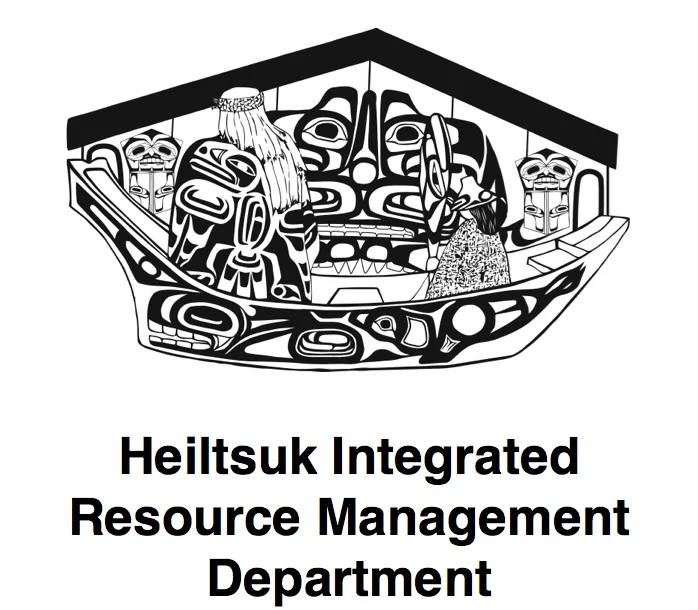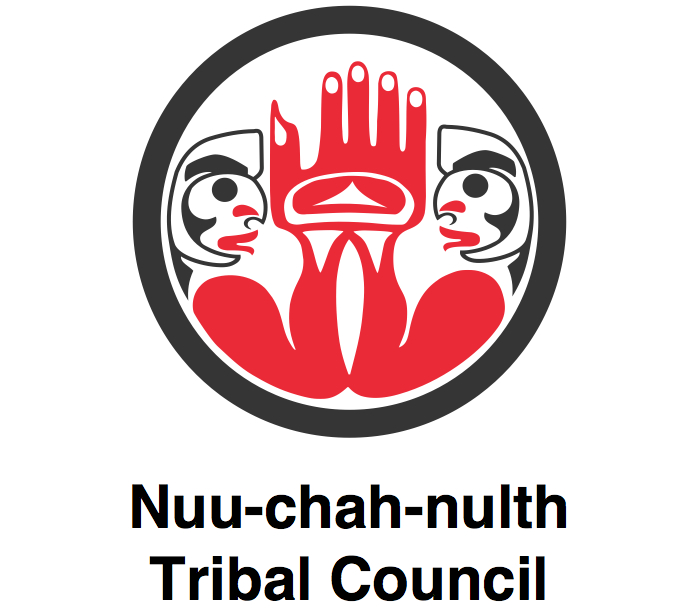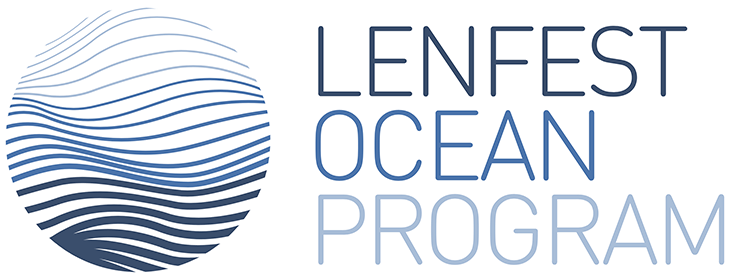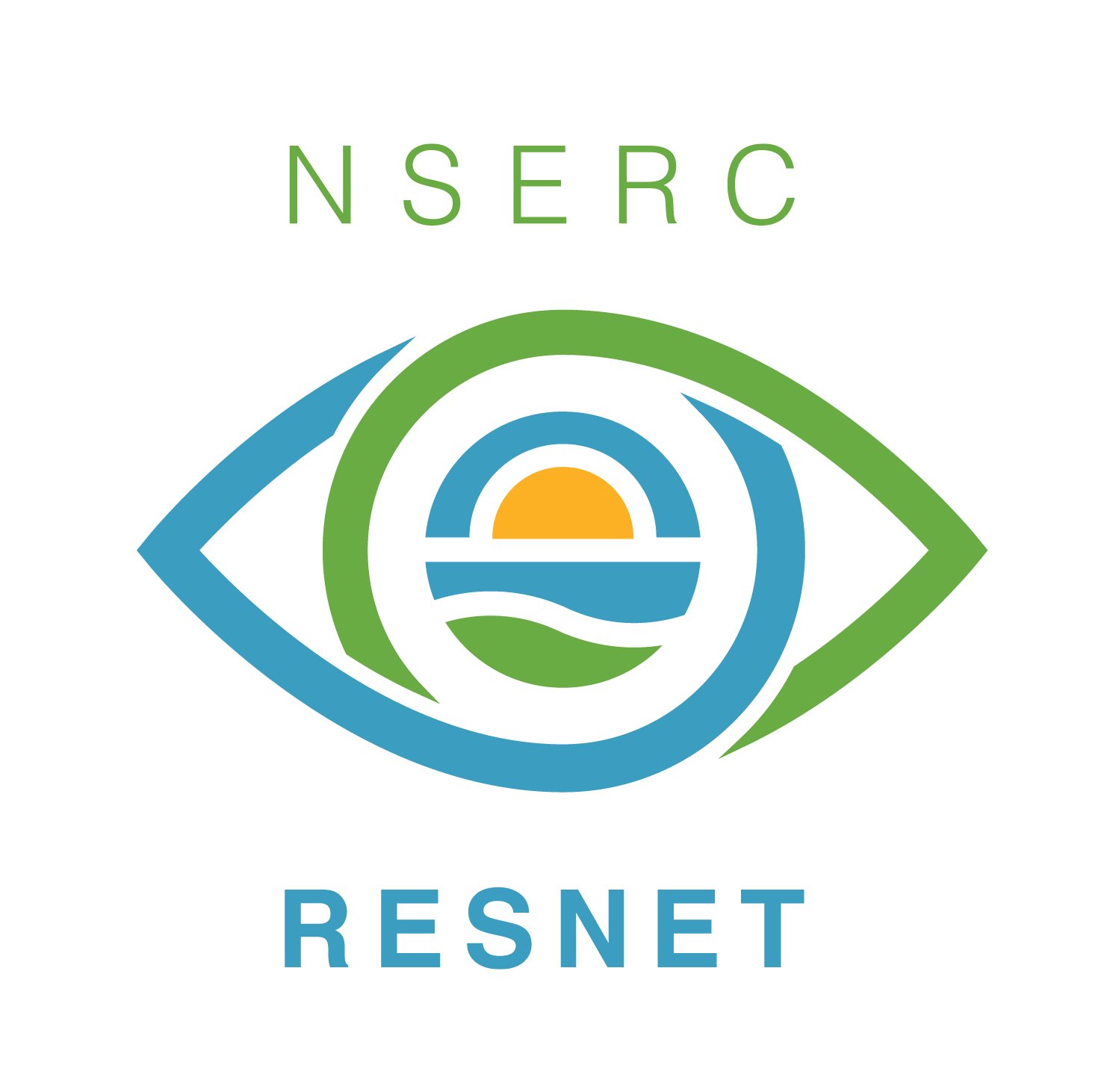“Our ancestors had a way of managing our relationship with the sea otters, they had a place in the ecosystem. With today's laws there is a delicate balance and Indigenous people need to be a part of the discussion regarding their management.”
— Skil Hiilans, Allan Davidson, Hereditary Chief, Haida Gwaii
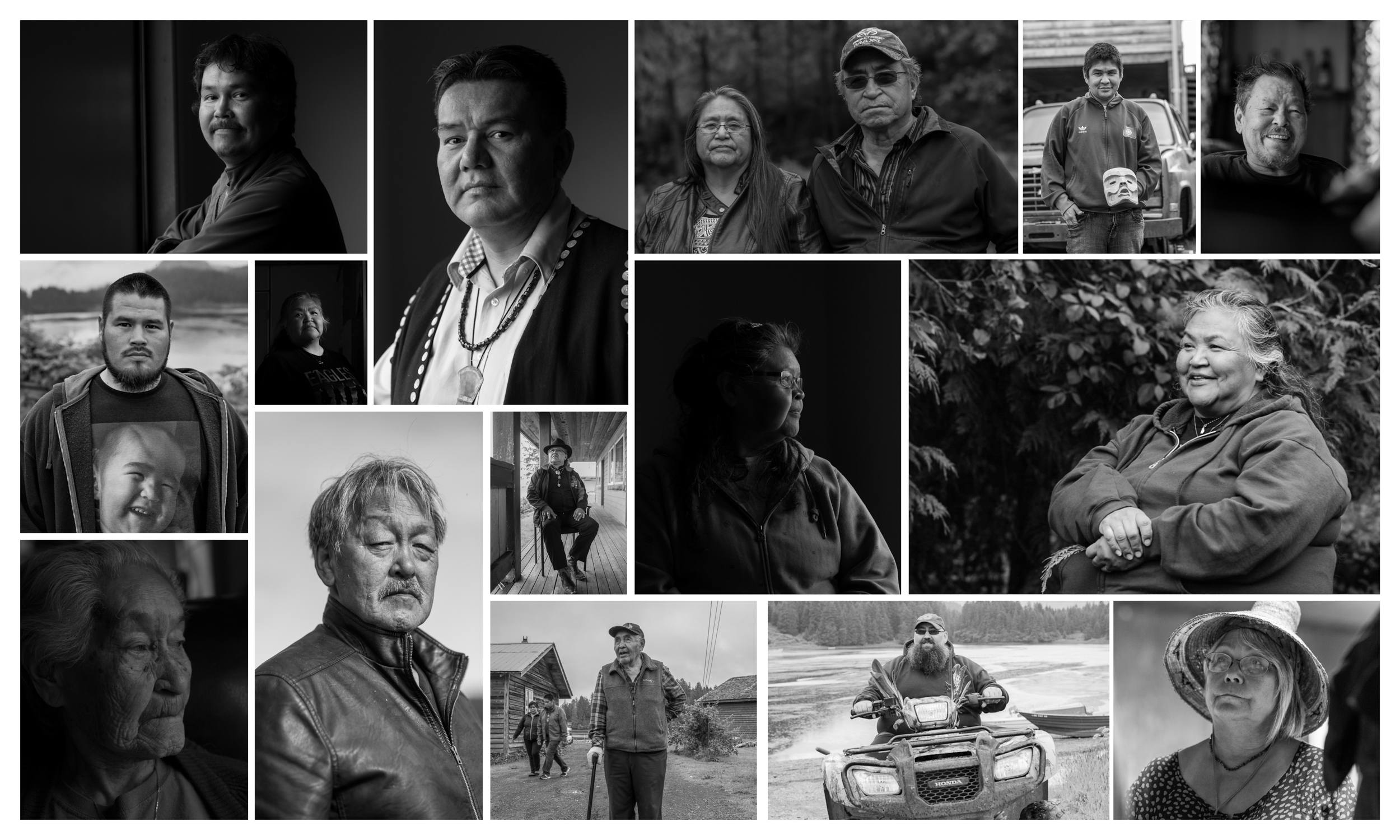
Hover over the photos. Reveal the Coastal Voices.
Skil Hiilans, Allan Davidson, Hereditary Chief, Haida Gwaii: “Our ancestors had a way of managing our relationship with the sea otters, they had a place in the ecosystem. With today's laws there is a delicate balance and Indigenous people need to be a part of the discussion regarding their management.”
Adrian Tanape, Fisherman & Hunter, Nanwalek, Alaska: “My godfather, he actually controls those [sea otter] tags and you can give him a piece of the tooth, you know just a little bit of everything - the skull, the meat, the skin, fat everything. Even like, goes down to the intestines, if you want to give extra to help support the sampling or whatever. And he’ll tag that as well. It’s probably really, really helpful. Keeps everything maintained well. Gives us an idea what’s going on.”
Hiišiiqwth, Natalie Jack, Education administrator, Kyuquot/Cheklesaht Nation: “I believe there is more than one factor that stops us from coexisting with the otter, and that’s the no-consultation with our people by the federal government and the responsibilities that have been taken from us as a people.”
Keith Cox Sr., Fisheries Technician, Kyuquot/Cheklesaht Nation: “K’wak’aλ [sea otter] can see more things [food resources] under the sea that we can’t and is a director of where to find them.”
Tim Malchoff, Education Coordinator and Hunter, Port Graham, Alaska: "Whenever I’ve gone hunting I’ve always gotten a tag from Fish and Game. It’s letting them know that, “hey I went over here and I got an otter” So I’ll go out, I’ll get an otter and skin it up and then I’ll call [our chief]. He’ll come down and tag the pelt and the skull so that, you know, this was legally caught. It’s abiding by their laws and our laws."
Saqᵂistl, Hilda Hanson, Elder, Kyuquot/Cheklesaht Nation: “We had big clam beaches in Kyuquot, Actis. It was the best clam beach that ever was. All kinds. Big clams, little clams. It was all there, the littlenecks. We used to just go down the beach, dig what we want to eat, we just have to take a can. There was so many. And all of the people used to dig there. They didn’t go anywhere else. No more. No more clams. That’s whenk̕wak̕aƛ [sea otter] came around. Ate up all the clams. We had to go somewhere else.”
Stephen Jules, Waste & recycling management, Kyuquot/Cheklesaht Nation: “It would help to understand both sides of our history, our culture, what we have done with these sea otters, what they benefit to be here, because everything has a purpose. If we had our own government to say we could go and get some for our traditional purposes, it would make it better.”
Walter Meganack Jr., Chairman, Port Graham Village Corporation: “We should have a say in how we manage things. We live here, you know, they’re part of our lives. We know them.They are part of our resources that we made sure that were put to good use. To the government they’re just an animal, to us they mean something. And who better to manage something if it means something to them.”
Naasqᵂa, Daisy Hanson - Language & Cultural Worker, Kyuquot/Cheklesaht Nation: “I think we all need to come up collectively with a good solution. Because we can’t get rid of them all. That wouldn’t be human. That wouldn’t be right. But if we could have a little bit of control and have a little bit of say in how we utilize and live with the sea otters in our backyard. I just really hope for a better future for both sides - the sea otters and us- cu’ahs people”
Waakitaam, Peter Hanson, Legislative Chief, Kyuquot/Cheklesaht Nation, Hereditary Chief, Kyuquot: “I think the way our people did in the past, is that they kept [sea otters] away from where we were, close by, like all around the islands out here. They hunted them there and kept them off the sea urchin beds so they didn’t take everything. It could be done again. “
M'aam̕axwiyuqh, Janice John-Smith, Hereditary Chief, Kyuquot/Cheklesaht Nation: "We should have had a choice of those otters being brought to our territory because that was too many and they produce so fast so they are eating more than what my own little family would eat.”
Kevin (Auggie) Seville, Fisherman, Nanwalek, Alaska: "With the possibility of the introduction of sea otters into the ecosystem…there will be changes. We cannot deny that. They will definitely see the kinds of things that they have enjoyed living off of, and partaking of, and harvesting from the seas, you know, those will change. Some numbers will come up and others will go down. But I just hope, their government or who ever is going to help them manage, I hope they have a seat at the table. They definitely have to be at the head of the table, especially if they are the ones out living in it. Because it’s their home, it’s their land, just like this is our home and our land. We should have had a head at the table, a seat at the table, at the head of the table, when it comes to the management of these resources.”
Sperry Ash, Regional language director, Nanwalek, Alaska: “We’re original people here, caretakers of this land. Our language and culture adapted to this way of life. We have a knowledge here that helped us succeed this time here. I think it’d be nice [if] agencies work with us to decide how to monitor our way of life and the natural world here, [and] would consider the information we have to share. We should be part of co-creating a plan or an answer that’s gonna effect our way of life. “
Hupalthwatu, Tess Smith, Nuu-chah-nulth Tribal Council, Kyuquot/Cheklesaht Nation: “[The youth], they may be the ones to lead the way, whether it’s in tourism or what have you - to provide employment - it may be short term, it may be all year, it may be for a long time. I think if there is a will and a way, they can promote that."
Nina Kvasnikoff, Elder, Nanwalek, Alaska - “It's really important that we're able to hunt [sea otters]. You can't hunt them all out. We don't want to wipe them out. They are a living animal. We have a hunt, then we have to wait a few years. Our job is to thin them out. We're still learning how to live with them. We fight with them. Our ancestors lived with them."
Wii-tsts-koom, Anne Mack, Hereditary Chief, Toquaht Nation - “It’s all about balance. The question is, ‘will the balance return while the growing population of sea otters are still under the SARA threatened list?’ When I visited Kyuquot/Cheklesaht, it was clear that otters had devastated their shellfish and the community has no access to these traditional foods. The otters and humans are imbalanced. When I visited Alaska, where harvesting regulations allow cultural use, but are still very restricted, this helped a little, but there is still an imbalance.”
Nancy Yeaton, Language Education Coordinator, Nanwalek, Alaska: "Hunting provides an opportunity for people to make money. It's a very positive thing for Native people to be able to use otter skin for arts and crafts. There used to be a sea otter hunter in Port Graham, but it isn't done so much anymore and so we're noticing more otters. [Sea otter tourism] might [also] have economic benefits. It would be an opportunity to showcase people's skills and talents and knowledge of the water in this area."
Hiišiiqwth, Natalie Jack, Education administrator, Kyuquot/Cheklesaht Nation: “I would like to believe that the federal government will be open to negotiations as to our way of life in our territories and that we can come up with a plan that will sustain our people and the ocean life. I believe that if we use the information that our elders know of, how it used to be in the past, that we work with that, hopefully the powers that be would work with us and come up with a plan that is going to be sustainable for the people and the sea otters.”
Danny Short, Fisheries Technician, Kyuquot/Cheklesaht Nation: “You just have to introduce people to what they [sea otters] are and why they were here. I keep telling them the creator put them here. And these guys keep saying “Oh no, he made a mistake”. Well, you tell that [to] the creator!”
Kevin (Auggie) Seville, Fisherman, Nanwalek, Alaska: “I think the need to find a balance is necessary. Necessary because right now we travel quiet a distance to be able to go harvest the clams that we get. I just think that being able to manage, where sea otter can or cannot go and the kinds of things that can be grown where sea otters aren’t, or don't have access to, I think that needs to be looked at more seriously.”
Patrick Norman, Chief, Port Graham, Alaska - “Before the Federal government and state, traditional chiefs had the authority to send people out for anything that the village needed. Moose, bear, goats, seal…. There was no worry; ‘Are we gonna get somebody in trouble?’ As it is now, we have a season for moose, and for bear and stuff. But what about in the middle of the winter when you’ve already caught your two or one moose under the state regulations, and I know there’s a need for meat for our people? My traditional authority to say ‘yeah, go and get one’ bumps up against ‘What is the fine if we get caught? What is the fine if somebody turns us in? Or turns me in for making the decision for hunters to go out and get one?’ And what’s the legal ramification for exerting that traditional authority now? That’s the dilemma that we’re in.”
Priscilla Evans, Second Chief, Nanwalek, Alaska: “I have 11 kids and I have 19 grandkids right now. I just hope they take care of what’s given to us. A lot of them know that. I hope they have the strength to speak out, like me. I don't want them to be afraid to be honest about their way of life and don’t be ashamed.”
Nick Tanape Sr., Elder, Nanwalek: “I wouldn’t blame the sea otters, it’s us. Our exhaust, gas,and oil. We are the ones damaging all that. The problem now is human impact, it’s a heavy impact.”
Nickolas Meganack, Fisherman & Hunter, Port Graham, Alaska: “[I learned how to hunt] just following my dad teaching me how to do it and he told me stories about how they used to do it.”


